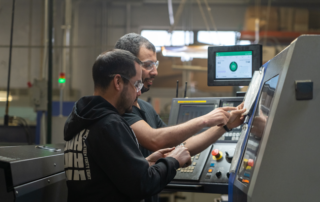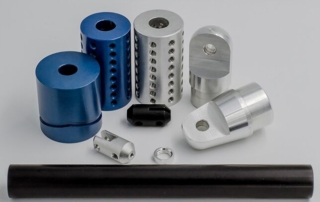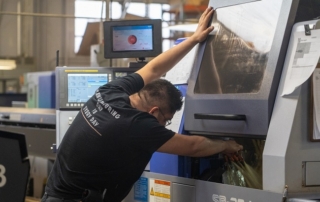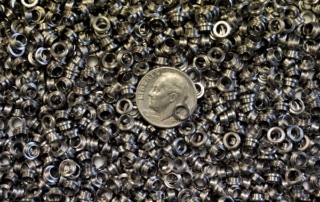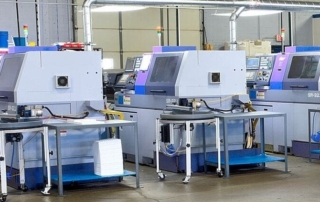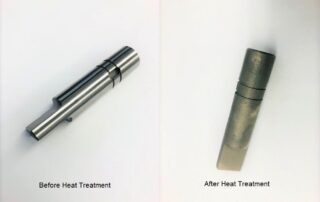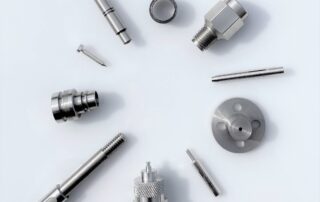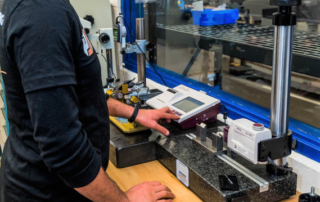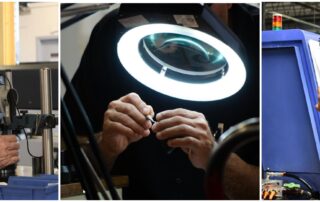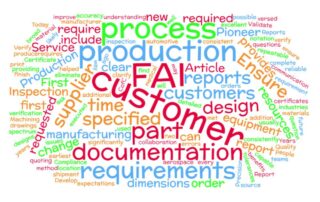Understanding Differences Between Screw Machines
Screw machines are highly specialized machines used for the high-speed production of small to medium-sized turned cylindrical components. They are commonly used in industries where high precision and volume production of parts are required, such as automotive, aerospace, electronics, and equipment manufacturing. Screw machines are designed to machine [...]



